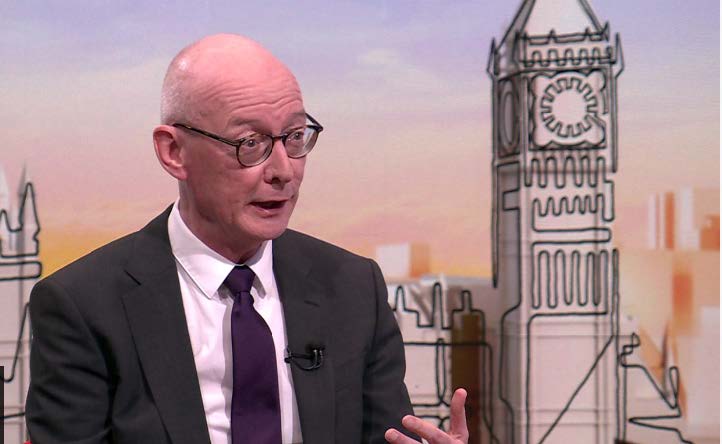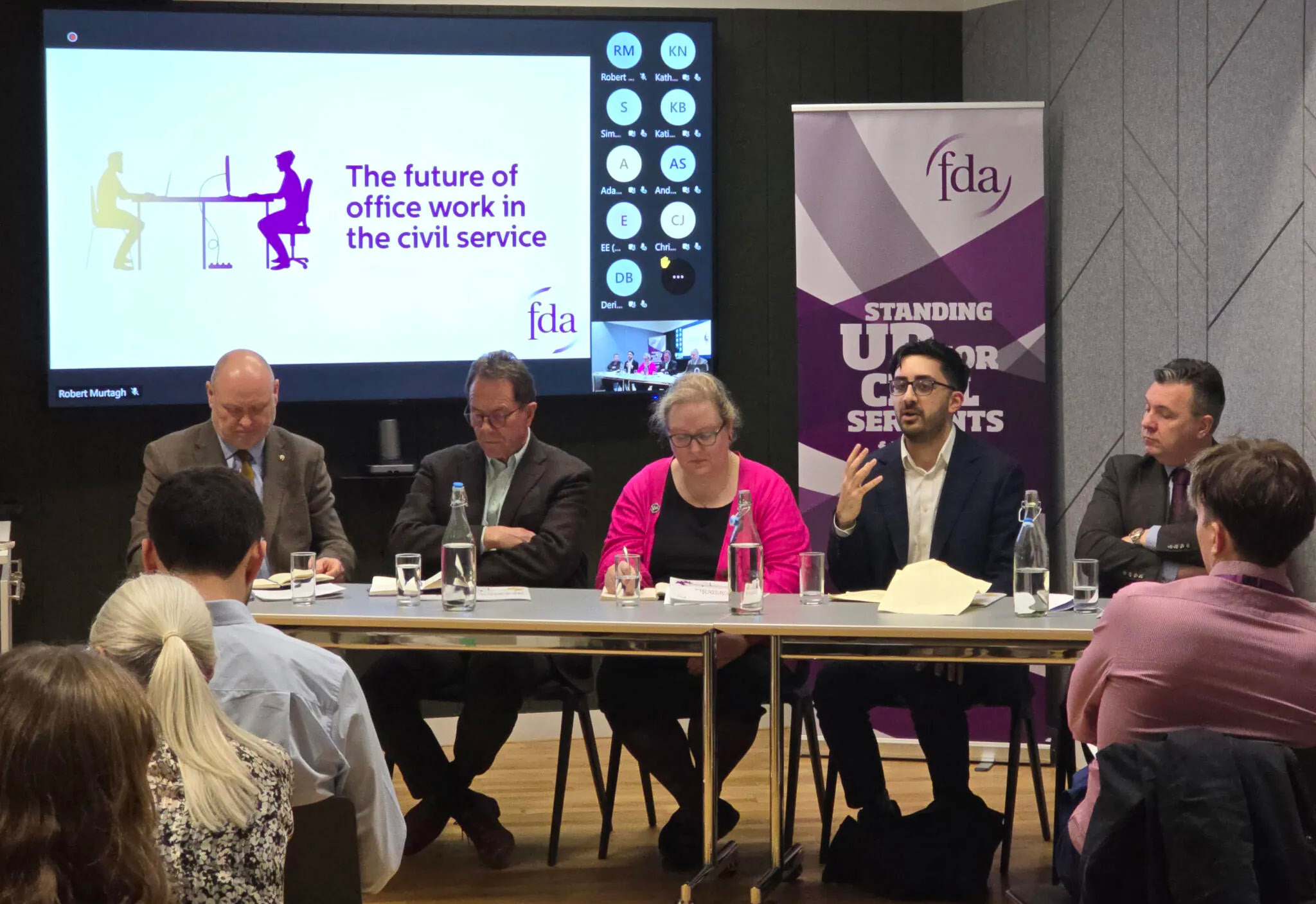Working Hours Survey reveals the “false economy” of unsustainable workloads

The results for our 2018 Working Hours Survey have been released. They tell the story of an overworked, under-resourced civil service, and reveal the false economy of excessive working hours.
Most disturbingly, they illustrate the human cost of this pressurised, penny-pinching environment.
Earlier this year, we asked FDA members to take part in our study, and to share their views on this subject. 1,346 members took part, and 82% of respondents said that working excess hours had adversely affected their wellbeing.
“I’m suffering from depression and my marriage is strained due to unreasonable work life balance,” a member based in the Home Office told us. Others told us of taking blood pressure medication to combat workplace stress, feeling guilt or anxiety and losing sleep. “I suffered a breakdown last year, was acutely ill with severe anxiety and depression and took sick leave for 4 months,” a Keystone member in the Department of Education told us. “I had worked as much as 65-80 hours to meet deadlines on pieces of work, which when our Minister changed were never taken forward. I finally cracked.”
68% of respondents agreed that the effectiveness of their department “is negatively affected by our workload and additional working hours”. “Stressed, pressurised colleagues trying to do too much in too little time leads to delays and errors,” an HMRC-based member told us. “Policy is less well thought out, with more pitfalls for us to then identify and correct.”
74% of respondents believed working excessive hours is a problem in their department or agency, and 73% feel there is not enough staff in the organisation to complete its work. 73% of respondents said their department is running out of morale due to sustained working of additional hours. 77% resent working additional hours when they haven’t received an inflationary pay rise in years.
Responding to results, FDA Assistant General Secretary Amy Leversidge warned that the current status quo of ever-increasing workloads and stagnant pay “cannot continue if the civil service is to deliver on the significant challenges ahead”.
She explained: “The Government is taking advantage of civil servants’ commitment to their work, and gaining many extra hours of work for free but this is a false economy. Increasing workloads are increasing the strain on civil servants who have been trusted with implementing Government policy at a time of national upheaval.”
According to Leversidge, the Government needs to focus on recruitment and retention so the civil service has “the right number of people to complete work and meet deadlines”.
She added: “The Government must demonstrate that they value these workers and ensure civil servants have enough time to do their jobs to the high standard the country expects.”
What can you do?
First, download our Working Hours Survey report. Read it, share it, and discuss these findings. Start conversations with your colleagues. We cannot allow these issues to be swept under the carpet: the more we speak about excessive hours culture, the more employers will have to listen.
Sign our petition calling on David Lidington, Minister for the Cabinet Office, to be a champion for civil servants, and take part in our pay postcard campaign – simply sign the postcard you received with your last issue of Public Service Magazine, put a stamp on it and pop it in the postbox. You deserve fair compensation for your work, but many civil servants are instead suffering real-term pay cuts. At a time when you are working excessive hours, pay restraint adds insult to injury.
Become an FDA rep. As a union activist, you can help colleagues and make a real difference to your workplace – whether this is through casework, taking part in negotiations, and raising the profile of these issues.
You deserve a work life balance, and the proper resources to do your job. Your union is going to continue to fight until you get it.
Related News
-

Meaningful reform
It’s time to lead the civil service, not just the morning news round, says Dave Penman.
-

Hybrid working: Led by evidence, not headlines
Tom Nathan shares the findings and recommendations of the FDA’s recent report on ‘The future of office working in the civil service’.
-

FDA attends TUC Young Workers’ 2025
This March, an FDA delegation attended the annual TUC Young Workers’ Conference in Congress House, London.